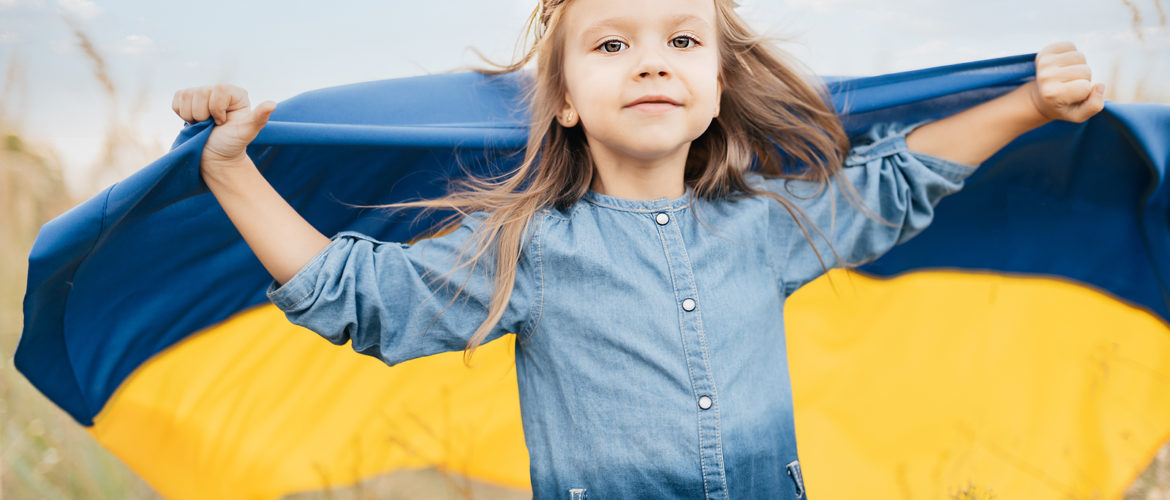Othering and Unity: Ukrainian Artists at the Venice Biennale 2024

In 2022, a horrific event forever changed the lives of millions of Ukrainian people. After over two years since the Russian full-fledged invasion, many Ukrainians have and continue to risk their lives to protect their homeland. Just as many were forced to leave the war-torn country, completely uprooting their lives with no idea when they would be coming back. Ukrainian artists took upon themselves the honorable task of spreading the word about the sacrifice and bravery of Ukrainians, both those who stayed at home and those who sought refuge. The “Net Making” exhibition at the Ukrainian Pavilion at the Venice Biennale 2024 explores the diverse stories of people who experienced devastating loss yet still persevere.
Othering and Unity: Ukrainian Artists at the Venice Biennale 2024
“Net Making” is a group exhibition curated by Max Gorbatskyi and Viktoria Bavykina, which unites three artworks by Ukrainian artists. The title of the group show is a reference to the weaving camouflage nets adopted by many Ukrainian civilians at the beginning of the war. The exhibition is enclosed by an installation by Oleksandr Burlaka, titled “Work,” which presents a collection of vintage Ukrainian woven fabrics.
At the Venice Biennale, Andriy Rachinskiy and Daniil Revkovskiy will present the heart-wrenching film “Civilians. Invasion,” which showcases the horrors of war from a first-person perspective. The film was assembled from videos documenting the first day of the war, posted online by Ukrainian civilians. The artists chose videos with low view counts to give voices to people who otherwise would not be heard on such a massive scale.
Andrii Dostliev and Lia Dostlieva shift the narrative from people experiencing war in Ukraine to those who were forced to flee the country to save themselves and their families. In a piece titled “Comfort Work,” the duo attempts to shatter the stereotypes of how refugees should and can act. While the short film features European actors playing Ukrainians, the refugees themselves played a crucial role in the making of the project. The two artists interviewed Ukrainians directly to gain their perspective and let them direct the actors playing their lived experiences.
Finally, Katya Buchatska will present her large-scale installation, “Best Wishes,” featuring works by 15 neurodivergent artists. The project deconstructs the phrases people usually say to each other without thinking but can feel off and strained to someone uncertain of the future ahead. “See you soon” and “Happy Birthday” are replaced with phrases like “I wish you a sweet life” or “I wish everybody to look at the haze,” which have a bitter-sweet, existential feeling to them.
As the Venice Biennale 2024 approaches, the pivotal role of art in constructing narratives, sharing stories, and exposing injustice and prejudice becomes more apparent than ever.
